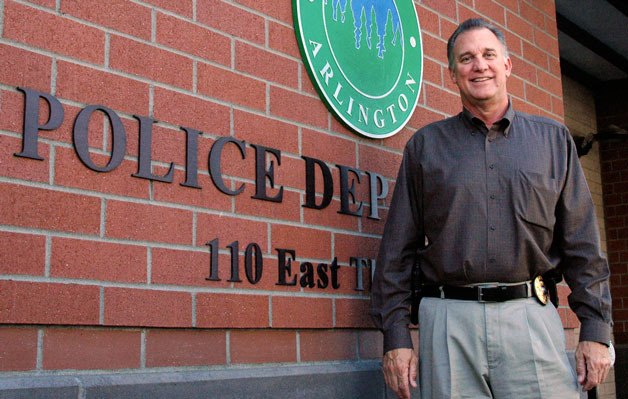ARLINGTON — Sarah Herrmann’s grandmother has always told stories about growing up in Germany.
Now, after a four-week exchange in the European country, Herrmann has some stories of her own.
“It was an experience of a lifetime,” said Herrmann, a 17-year-old Arlington High School student. “I don’t go traveling a lot and it was nice to see something totally different. My grandparents emigrated from Germany in 1955, so it was nice to see the type of area where they had grown up.”
Herrmann was among a group of 15 students who recently spent a month living in Stuttgart, Germany — a city about the size of Seattle that is rich with forests, parks and gardens.
Students experienced German culture first-hand as they stayed with host families for the majority of their trip, but they also got to see the famous historical landmarks in Berlin and the sunny beaches of Lisbon, Portugal through two side trips.
The students left on June 24 from Sea-Tac and arrived back in the United States on July 22.
The exchange was put together by Ben Mendro, German teacher at the high school, who has been organizing the program for the past 10 years.
Mendro said that exchange, which occurs under the German American Partnership Program, is reciprocal. A group of 18 German students came to Arlington last fall and stayed with local host families.
“The hope is that you will then go back and stay with the student who stayed with you,” Mendro said.
Even for those students who did not stay with their exchange brother or sister, the experience was unique.
The teenagers, which ranged from incoming freshmen to graduated seniors, got to go to school in Stuttgart. Due to their limited language skills, the Arlington students mostly attended English classes, Mendro said.
Students typically attended school in the morning and spent the afternoons either with their host families or traveling around Stuttgart.
“They knew going in that school would be a part of this,” he said. “I didn’t just spring it on them. There were no expectations of homework — it wasn’t too overwhelming.”
Herrmann, who will be a senior this September, said that school was much different from what she was accustomed to in the United States.
“Over there, teachers come over to the students and help them instead of having to ask for help,” she said. “You also get used to being stared at. It was a hard transition to get comfortable with.”
School wasn’t the only eye-opener for teens.
The students told Mendro that they had a hard time getting used to Germans’ preference for mineral water and learning the city’s extensive subway system.
“You have to be on time over there,” Herrmann said. “Over here, with a car, you can be a few minutes late.”
Despite those challenges, Herrmann said that she was sad to leave.
“On the plane leaving Stuttgart, it was one of the saddest moments of my life watching the country fade away,” she said. “I want to go back after college.”







